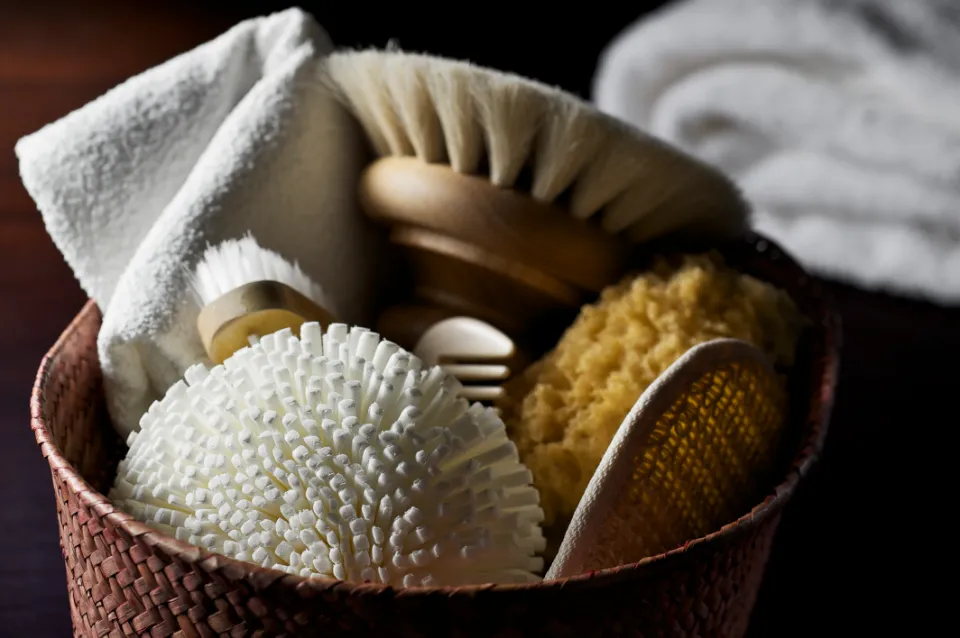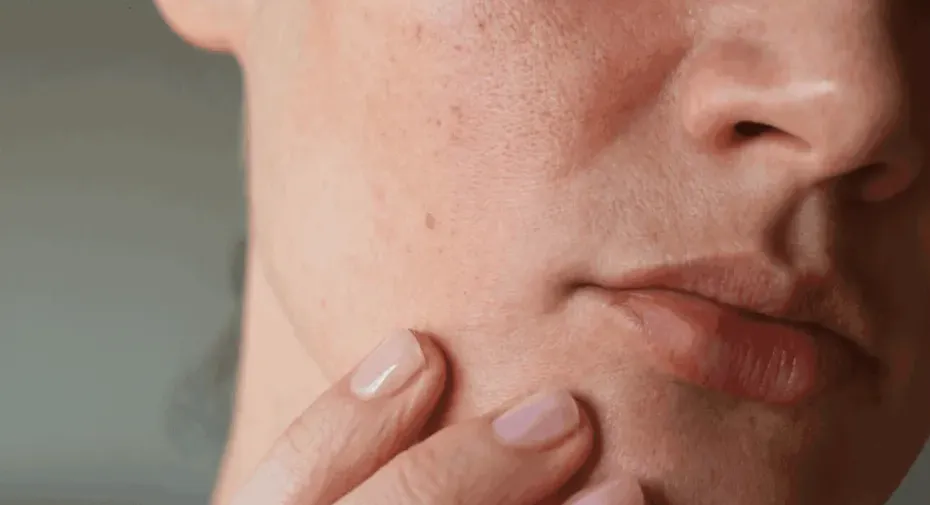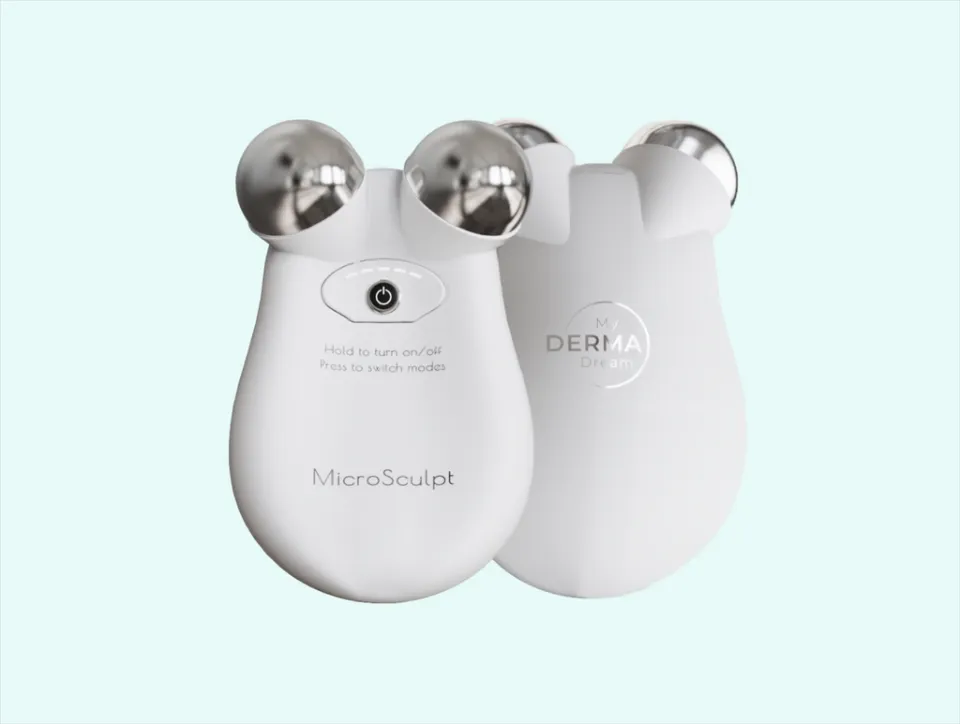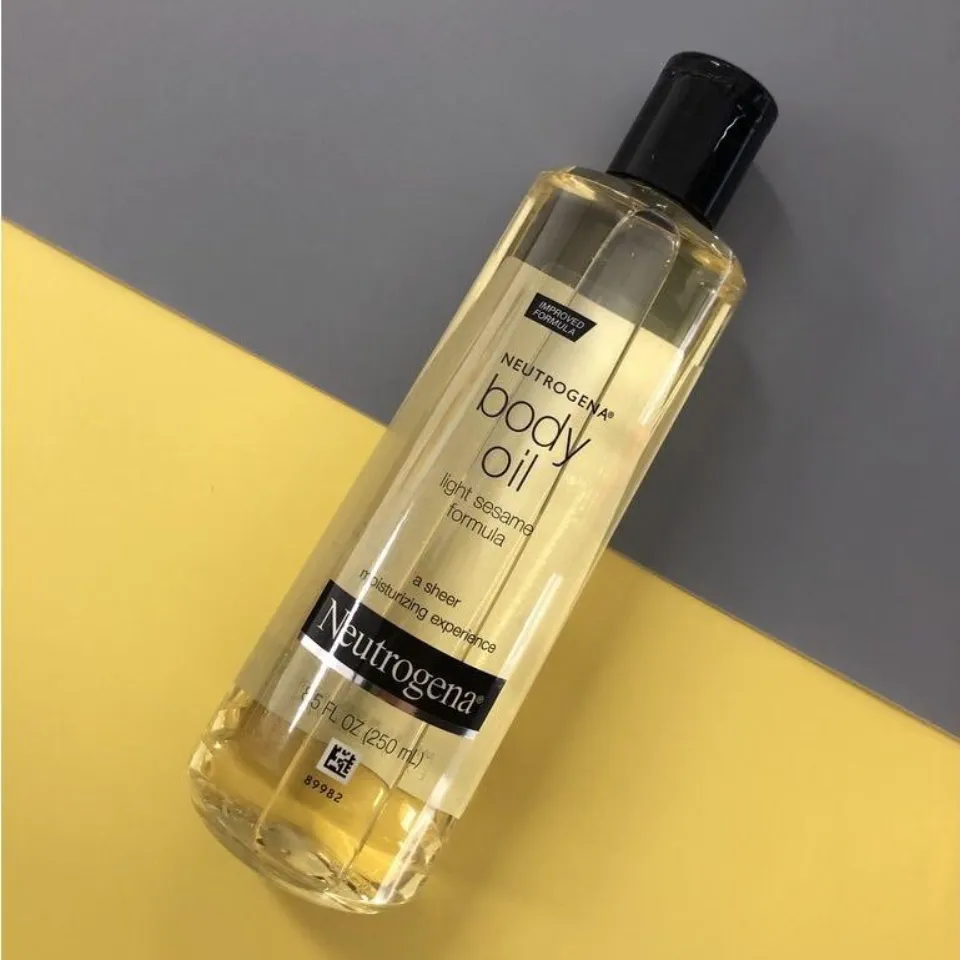It’s sensitive to talk about eczema and exfoliation. Because eczema is characterized by a dry, itchy rash that can blister and weep, so many people wondered should you exfoliate eczema?
Surprisingly, exfoliation is extremely beneficial for eczema skin. It also makes it possible for natural eczema treatments to reach the affected area more effectively. It removes dry, dead skin.
Learn the benefits of exfoliation and how to do it gently to avoid irritating your skin further.
Should You Exfoliate Eczema?
Exfoliating eczema can be challenging because of the delicate and damaged skin.
Most people tend to think that exfoliation can cause eczema-ridden skin to become even more damaged or inflamed, but is actually beneficial to exfoliate eczema.
Eczema exfoliation is extremely important because it cleans accumulated dried and dead skin cells that can actually exacerbate eczema.
Read More: Benefits of Body Scrub
How to Exfoliate With Eczema?
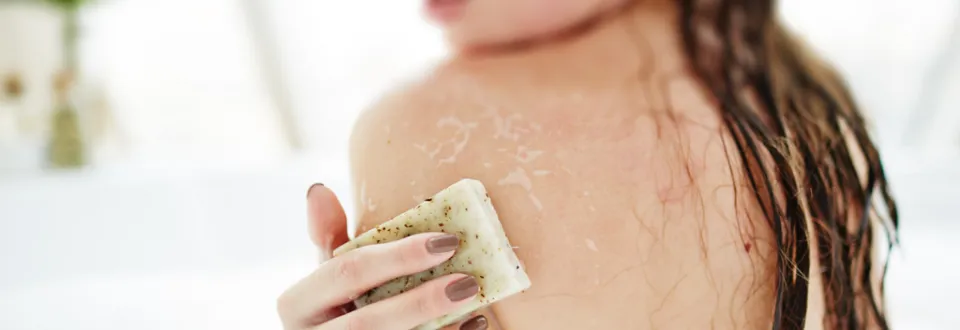
Use a gentle method and a few key pointers to protect your skin and have a positive experience when performing your exfoliation routine.
- DO use soap for sensitive skin: Be cautious when using a brush or cloth to exfoliate with soap. Use a natural product that soothes and moisturizes your skin out of consideration for its irritation. Look for soaps with a limited number of ingredients and few chemicals. The best soaps are those that are organic or made with goat’s milk and natural ingredients.
- DO choose soft exfoliating products and tools: Don’t use a scrubbing tool or exfoliating ingredients that are too harsh on your skin because you don’t want to harm your already delicate skin. Choose a soft brush that will assist in removing dead skin cells without being overly irritating. Buy a sensitive skin exfoliating cream that contains a mild abrasive, such as rice powder, if you use one.
- DO rinse with warm water: Redness, swelling, and irritation can all be brought on by hot water. Use lukewarm water to help soothe your delicate skin.
- DO Make Your Own DIY Scrub: Sugar scrubs made from natural ingredients are excellent for dry exczema, which doesn’t weep or ooze. They are gentle, and the glycolic acid in the sugar promotes skin healing. Additionally, the majority of homemade scrubs combine oil and sugar to moisturize while also exfoliating the skin. Make some on your own and see how it tastes.
Read More: How to Use Body Scrub?
What Should You Not Do?
Exfoliating is a good idea for eczema, but there are a lot of things you should avoid. Check out the following before beginning, please!
Do NOT Exfoliate Every Day
It’s very important that exfoliation is kept to a minimum, especially when you suffer from eczema. Over-exfoliation can actually irritate the skin and deplete it of moisture.
Exfoliation of eczema should be limited to once or twice per week, as per our advice. As dead skin cells that can lead to additional cracking and irritation are removed, the skin will be able to heal properly.
Related Post: How Often Should You Use Body Scrub?
Don’t Scrub!
Because eczema skin is so sensitive, it’s important to not scrub the area. Instead of scrubbing the area, try to exfoliate your eczema as gently as you can by pressing down or sweeping away dead skin, NOT scrubbing.
Scrubbing only prolongs the healing process and aggravates the underlying irritation.
Skip the Chemical Peels
It shouldn’t be a surprise that we’re adding this to our “what you should NOT do list.” In addition to exfoliating the skin using unwholesome chemicals or preservatives, these peels can also make the skin feel worse than before.
These peels not only strip the skin of essential moisture, but they also increase irritability, inflammation, and even infection. To exfoliate eczema, avoid using them.
Do NOT Exfoliate on Weeping, Oozing Eczema
If you’re experiencing weeping or oozing eczema, please DO NOT exfoliate. Eczema exfoliation is meant to help dry, thick eczema.
Potential Risks of Exfoliating Eczema

Although people can perform exfoliation to break down dead skin cells, exfoliating products contain scrubbing or chemical agents that may irritate the skin.
Exfoliating eczema could therefore be harmful rather than beneficial, especially if it is done improperly. If someone decides to exfoliate, they should do it carefully to prevent harming their skin.
Anyone thinking about exfoliating their eczema must weigh the benefits against the dangers of irritated skin and worsening their eczema. Any questions or concerns about skin care can be addressed by doctors.
Takeaway: Should You Exfoliate Eczema
Eczema exfoliation is just one step in a healthy skin care routine. The next step is equally crucial after exfoliation. Applying a rich moisturizer formulated with natural ingredients after every exfoliation will help to protect your skin.
This will improve the health of your skin and assist in reducing inflammation and the risk of infection.
Use moisturizing products designed specifically for sensitive skin care, preferably those that are free of alcohol, dyes, and perfumes. The last step will keep your skin healthy, moisturized, and itchy-free.
FAQs
Should You Exfoliate Eczema on Face?
If your eczema is calm and under control, you might want to incorporate light exfoliation into your weekly self-care routine.
Does Exfoliating Make Eczema Worse?
By removing dead skin cells, exfoliating eczema may help reduce flare-ups. It might, however, aggravate skin irritation and eczema.
Can You Exfoliate Contact Dermatitis?
Avoid exfoliating if you have eczema because doing so can cause an infection.

